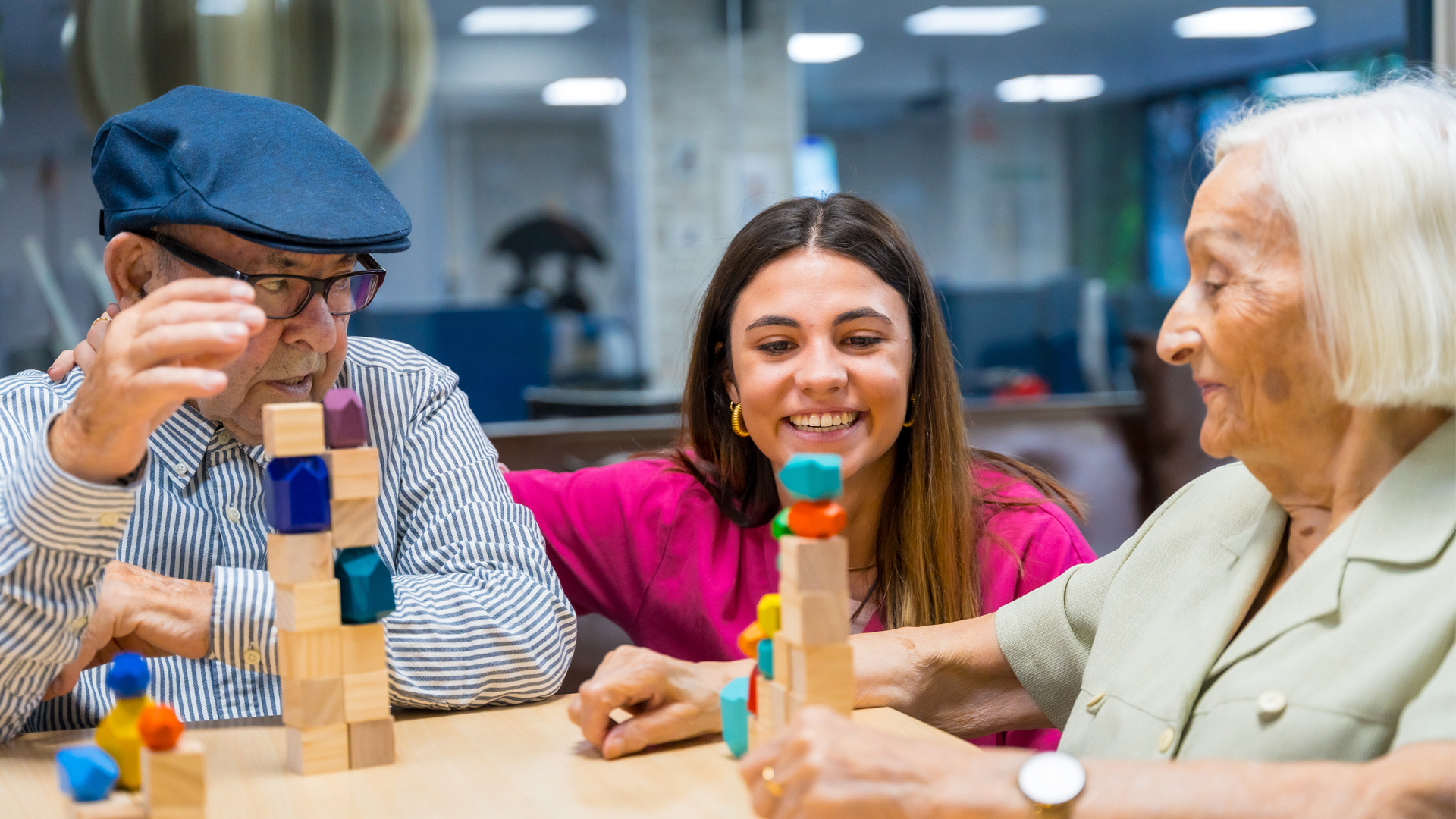Amyotrophic lateral sclerosis, also called Lou Gehrig’s disease, is a neurodegenerative condition that gradually limits people’s ability to move, speak, eat, breathe, and take care of themselves. Approximately 5,000 people receive an ALS diagnosis every year. Though some medications have shown promise in slowing ALS progression, there is no known cure. This ALS Awareness Month, what should you know if your loved one has this illness?
ALS Symptoms and Diagnosis
ALS typically begins slowly, with small symptoms. One person may have trouble buttoning a shirt, while another might have unexpected tonal changes when speaking. Early warning signs can begin in the muscles that control speech and swallowing or in the hands, arms, legs, or feet. Not all people with ALS have identical symptoms or the same progression patterns. However, advanced muscle weakness and paralysis are universal experiences.
Most people who develop ALS are between 40 and 70, with an average age of 55 at the time of their diagnosis. However, rare diagnoses occur in younger people. About 90% of ALS cases are spontaneous, occurring with no known family history or genetic link. There is also a heritable form of ALS involving a mutated gene with a known connection to the disease.
There is no single diagnostic test for ALS. A physician will examine your loved one’s reflexes, muscle strength, and other responses. They may also order other screenings, such as an MRI or nerve conduction study, to confirm or rule out ALS.
How to Help a Loved One With ALS
People with ALS need additional support as their symptoms become increasingly severe and they lose various abilities. Their multidisciplinary team will need to include professionals such as:
- Physicians
- Physical, occupational, speech, and respiratory therapists
- Nutritionists
- Mental health specialists
- Nurses
- Home care providers
ALS progression varies. Half of all people live three years or longer after their diagnosis, while 20% live five years or more, and up to 10% will live more than a decade. Regardless of the prognosis or stage of your loved one’s illness, it’s essential for them to retain their quality of life and remain as comfortable as possible. Staying in a familiar environment instead of moving into an assisted living facility can help your loved one avoid the anxiety and depression that often co-occur with ALS.
Los Angeles ALS Therapy
If your loved one has ALS, an experienced Care Companion from Legacy Homecare LA can help take the caregiving responsibilities off your plate by stepping in and being a trusted member of your family’s care team. We will develop an individualized treatment plan that enables them to stay mobile and independent for longer.
At Legacy Homecare LA, we believe in preserving people’s dignity with thoughtful, compassionate care. We only hire the most talented, qualified people to join our team, and provide them with specialized training that prepares them to help with daily living or advanced care 24 hours a day. To learn more about what we offer and whether it’s a fit for you and your family, contact us today.






